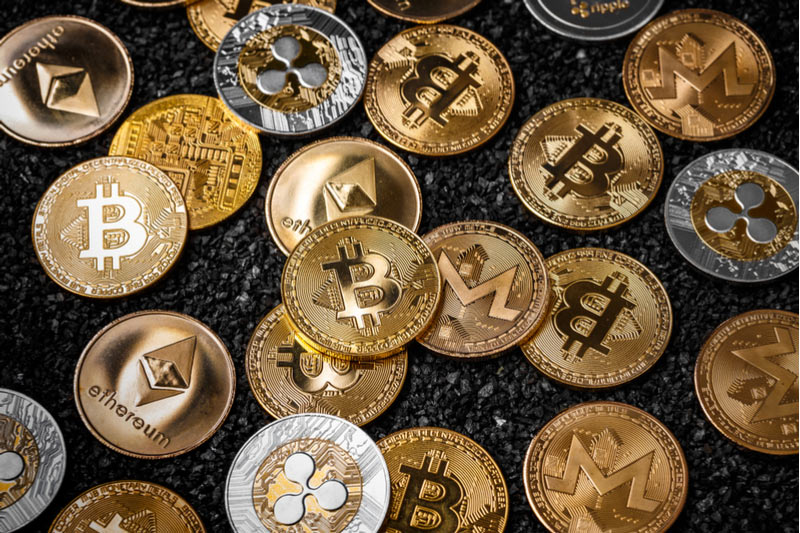AI is a game of kings, and OpenAI knows it
Standard Chartered (OTC:SCBFF) Bank Hong Kong, Animoca Brands, and Hong Kong Telecommunications (HKT) announced a partnership to create a Hong Kong dollar-backed stablecoin as part of a new joint venture.
The collaboration will seek a license from the Hong Kong Monetary Authority (HKMA), aiming to leverage Standard Chartered's experience with stablecoin issuers and HKMA's tokenized money initiatives. Animoca Brands brings its blockchain expertise to the table, being a unicorn in the industry, while HKT offers its specialization in mobile payment systems.
The joint venture's focus will be on developing stablecoin applications for both domestic and cross-border payments. This move comes as Hong Kong continues to establish itself as a center for digital assets, competing with Singapore in the region. The city has already made strides by approving Bitcoin and Ether exchange-traded funds and implementing a stringent licensing framework for cryptocurrency exchanges.
The proposed stablecoin initiative aligns with Hong Kong's ongoing legislative process concerning stablecoins. The Hong Kong Legislative Council received a stablecoin bill on December 6, 2024, which underwent its first reading on December 18. Upon enactment, the legislation will mandate stablecoin issuers to secure an HKMA license and adhere to reserve and price stability mandates.
Since July 2024, the trio has been active in Hong Kong's stablecoin issuer sandbox, a testing ground for new concepts that also includes Jingdong Coinlink Technology and RD InnoTech.
Jingdong Coinlink Technology has already announced its intention to launch a stablecoin pegged to the Hong Kong dollar, and RD InnoTech is collaborating with HashKey exchange to develop its stablecoin offering.
The regulatory environment in Hong Kong has been welcoming to digital asset ventures, with nine platforms obtaining licenses from the Securities and Futures Commission (SFC) to date. HashKey was among the first, securing its license in November 2022, and it remained one of the only two licensed exchanges until late 2024, highlighting the region's progressive stance on cryptocurrency regulation.
This article was generated with the support of AI and reviewed by an editor. For more information see our T&C.
